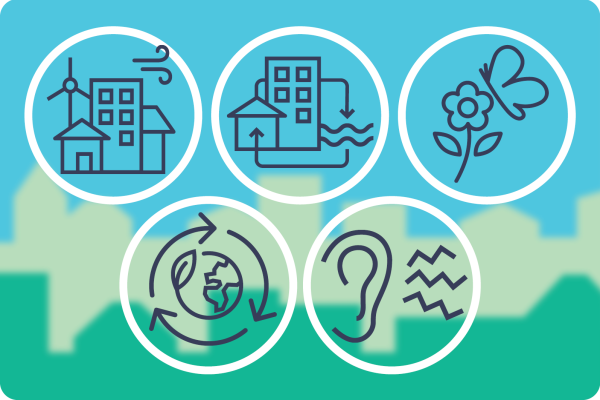The Green City Accord is a movement of European mayors committed to making cities cleaner and healthier. It aims to improve the quality of life for all Europeans and accelerate the implementation of relevant EU environmental laws. By signing the Accord, cities commit to addressing five areas of environmental management: air, water, nature and biodiversity, circular economy and waste, and noise.

A step-by-step guide for EU cities on how to join a movement of leaders building a clean, healthy urban future.

By joining the GCA, cities commit to taking further actions in 5 environmental management areas to achieve ambitious goals by 2030 and accelerate the delivery of the European Green Deal requirements.

Specific information for cities on the monitoring and reporting process of the Green City Accord.

Not a city, but still interested in supporting the Green City Accord? Find out how your organisation can support.

Frequently Asked Questions

News

Treviso and Viladecans celebrated becoming Green Leaf cities for 2025 with engaging initiatives and events showcasing their commitment to sustainability.

The first report of the Green City Accord (GCA) was presented on 22 January during the European Green Capital 2025 launch event in Vilnius, Lithuania.

Oslo’s government is fully committed to climate, nature and biodiversity targets.




